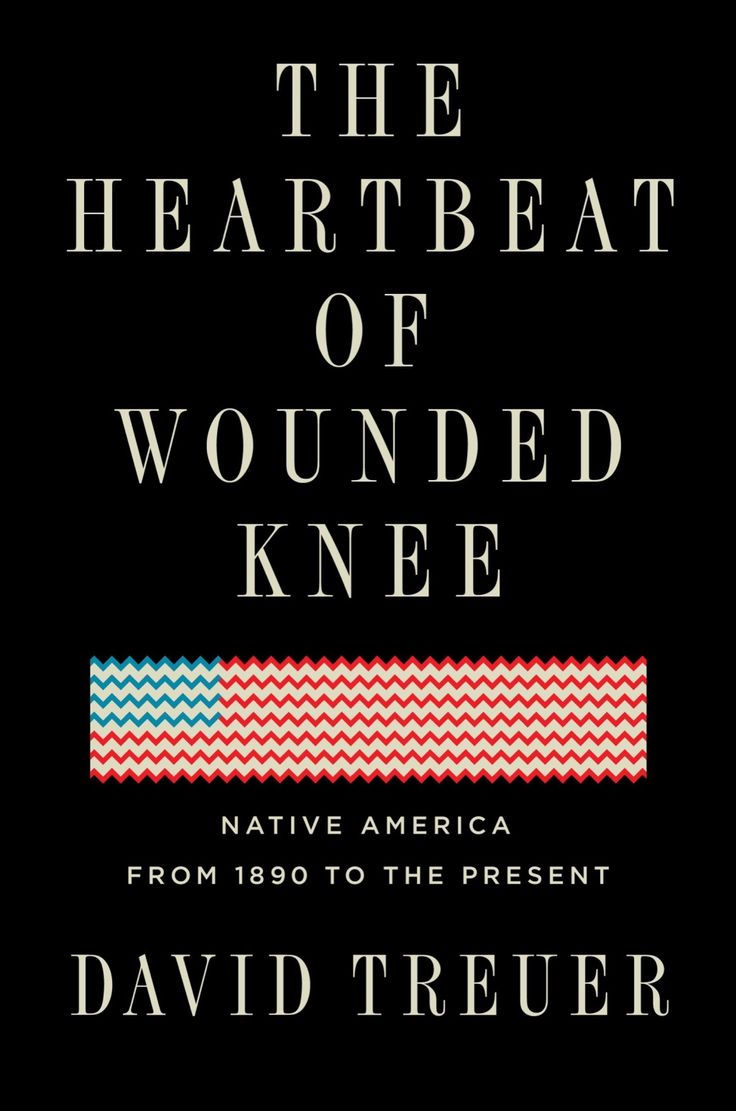Trio of Historical Novels
- Leslie Butler

- Apr 19, 2023
- 2 min read
David Nevin's "Eagle's Cry" and "1812" along with David Treuer's "The Heartbeat of Wounded Knee" are an enlightening trio of historical works.
Sometimes I coincidentally pick books that fall into a particular theme. Sometimes while or just after reading them I realize that the books have a common nexus. When this happens, I prefer to review them as a grouping instead of individually.

The first two books are told in a style that reads more as series of personal interactions among the prominent characters during the founding of the United States, such as Thomas Jefferson, James Madison and his wife Dolly, Andrew Jackson, and Aaron Burr. They are akin to historical fiction rendered from first-hand account personal correspondence.
These two books are a way to bring that period of history to life or life to history however you wish to look at it. The historical purist may not appreciate the fictional aspect to the telling of events that shaped the founding of a new country in America. But, for me it is a way to bring a reality to the events of the past that can sometimes feel surreal or unreal in a world that is now about 250 years later.

The third book is a telling of history of the Indigenous Peoples in what is now the United States. David Treuer starts in pre-history up to the 21st century, covering the issues of the many tribal people who had contact, usually to the detriment of the indigenous, with people of Europe, Scandinavia, and Russia.
A vivid reminder that United States history started long before Jamestown, Columbus, or Amerigo. "The Heartbeat of Wounded Knee" is an admonition that Indigenous Peoples' history did not end at Wounded Knee. In fact, it has not ended at all, but lives on to the present-as it should. We need to speak of Native Peoples not as populations that 'used to' inhabit this region. We should consider Native Peoples as populations that are still alive, thriving, and actively contributing to American life, history, and its future while also working to reestablish their own heritages and cultures.


Comments